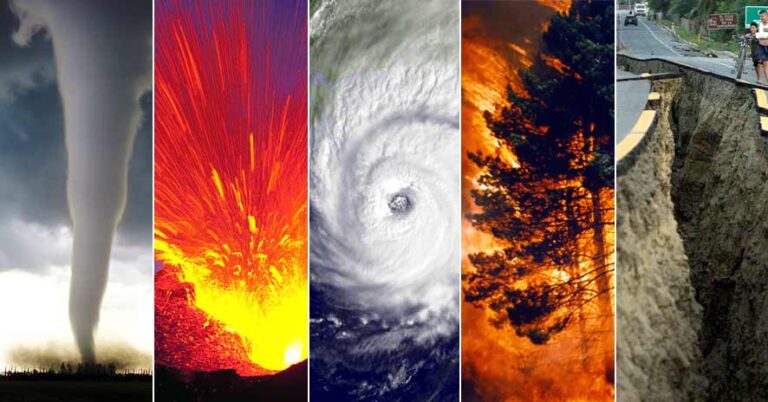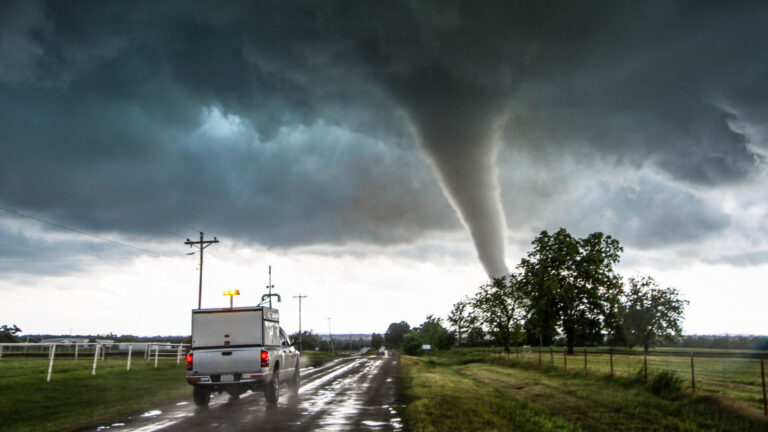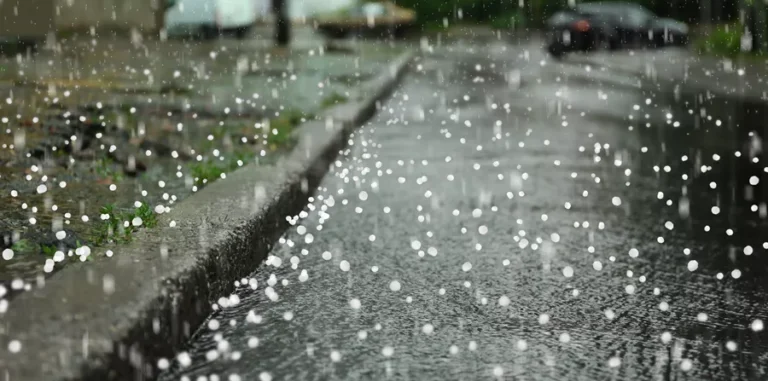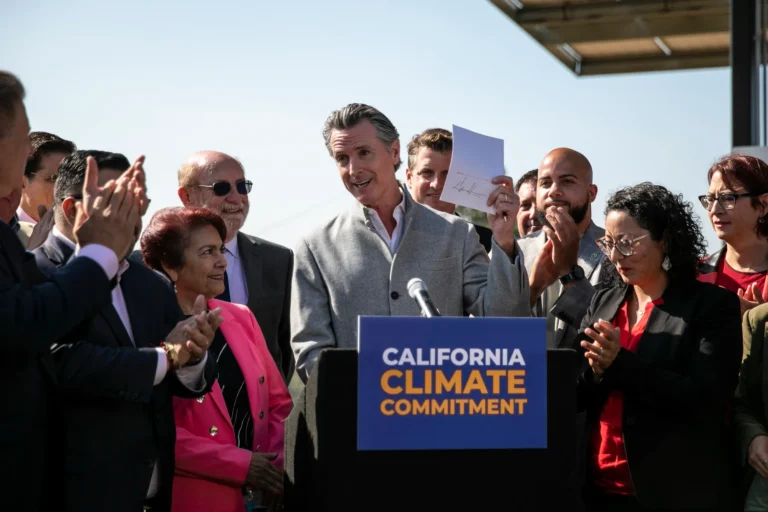Hurricane Intensification Threatens Coastal U.S. as Waters Warm
Douglas McIntyre, Editor-in-Chief at Climate Crisis 24/7, highlights a new danger in the upcoming hurricane season: storm intensification. He explains that recent hurricanes like Helene and Milton rapidly strengthened from Category 1 to Category 3 storms in under two days, due to warming waters in the Gulf of Mexico and South Atlantic. With sea temperatures…




















